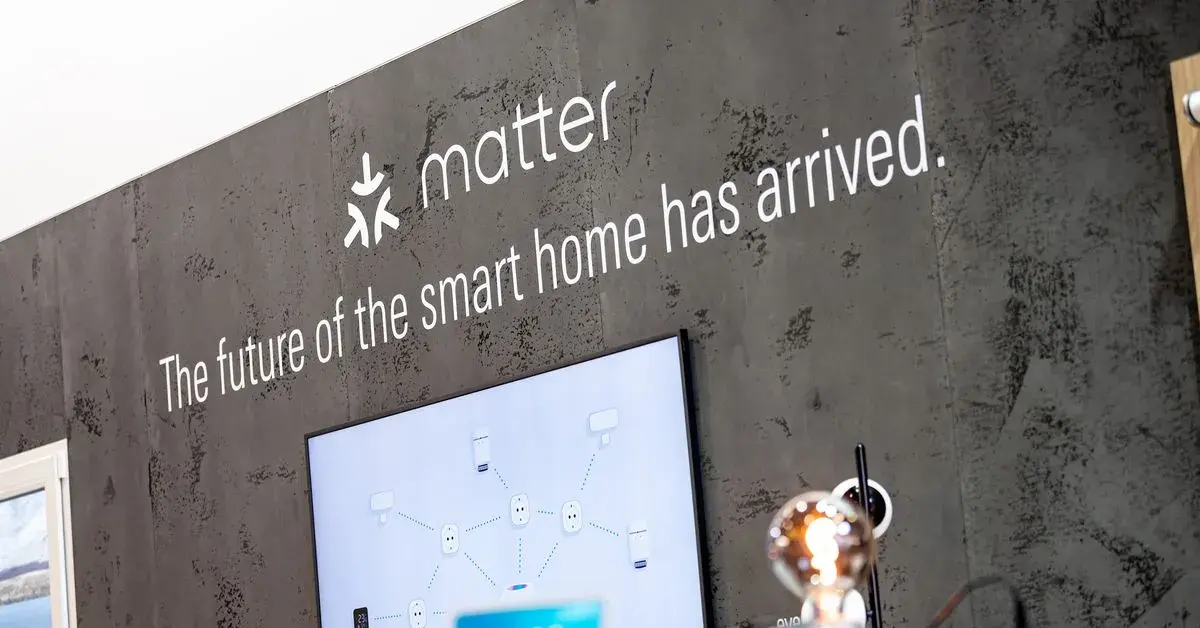The article discusses expectations for smart home announcements at the upcoming IFA tech show in Berlin. While companies may unveil new smart speakers, cameras and robot vacuums, the smart home remains fragmented as the Matter interoperability standard has yet to fully deliver on integrating devices. The author argues the industry needs to provide more utility than novelty by allowing different smart devices to work together seamlessly. Examples mentioned include lights notifying users of doorbell activity or a robot vacuum taking on multiple household chores autonomously. Overall, the smart home needs solutions that are essential rather than just novel if consumers are to see the value beyond the initial cool factor.



🤖 I’m a bot that provides automatic summaries for articles:
Click here to see the summary
A year ago at Berlin’s IFA tech trade show (think European CES), Verge reporter Jon Porter witnessed a Google Nest Hub control an Apple HomeKit smart plug.
Despite being developed by the biggest names in the industry — Amazon, Apple, Google, Samsung, and more — Matter has yet to deliver on its main promise.
We’re expecting news from robot vacuum giants Ecovacs and Roborock, and smaller smart home players such as Eve, Nanoleaf, SwitchBot, Aqara, Aeotec, and Yeelight are all on the show floor.
But what’s more important is the long and boring task of getting them to seamlessly work together to create a home that’s actually smart, not just a collection of disparate gadgets that solve specific problems.
The smart home standard introduces a secure, basic communication layer that allows for interoperability and local control.
It moves us away from proprietary protocols, dubious security standards, and cloud dependency to the point where — if appropriately implemented — we can feel comfortable allowing technology intimate access to our homes.
Saved 84% of original text.